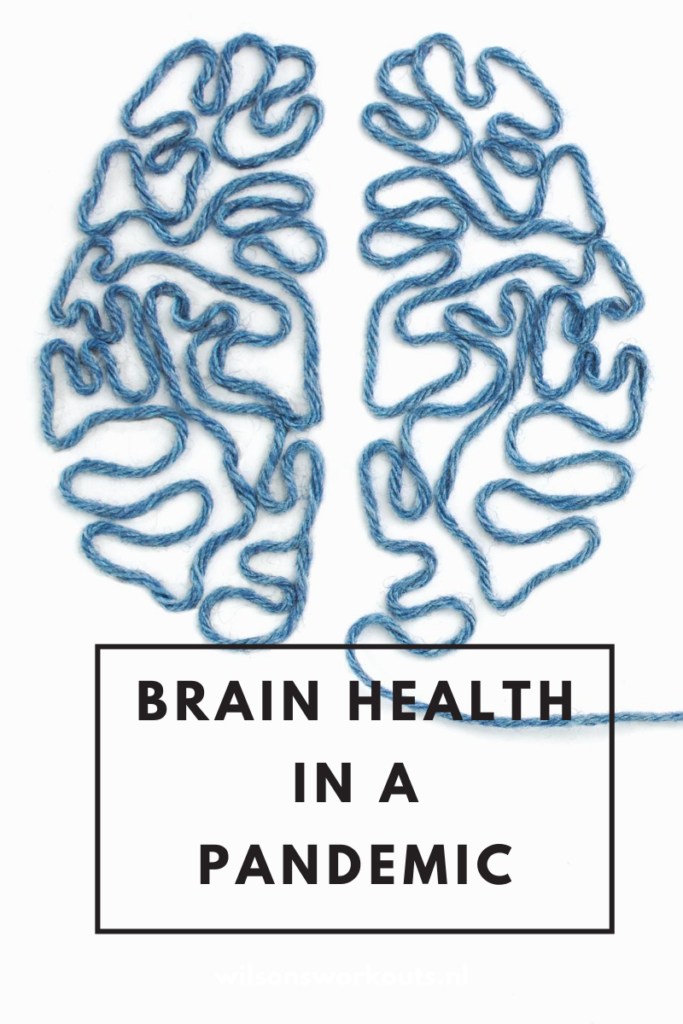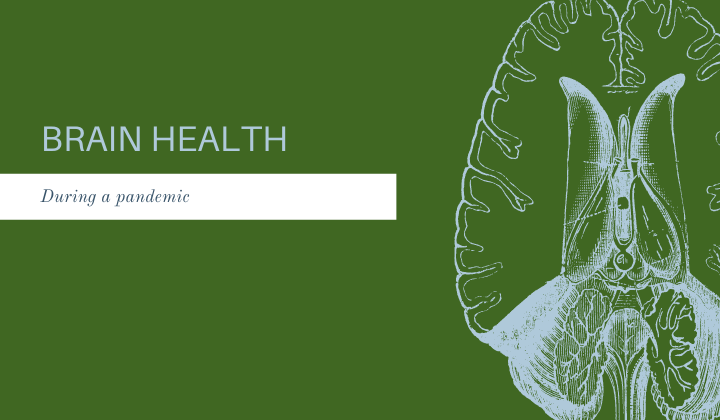

3 Ways to Feed Your Brain
With a pandemic that has really hit the world hard since March this year, there’s no clear end in sight and more of us are looking to protect our physical and mental health. The health of our brain and immune system.
As the number rise again we’ve seen an increase in depression, anxiety, suicidal tendencies and psychological trauma, as three studies from the University of Arkansas document. This is especially true among vulnerable groups including the unemployed, women, lower-income individuals and those with eating disorders.
While many people have gotten inventive, become baking legends, workout from home or cook more for themselves, others have yet to start doing more self-care. So where to start?
1. Promote Flow
Flow in the body includes what goes in and out, how we deal with waste. Up to 20% of blood from our heart goes straight to the brain, which in turn produces metabolic waste. Two areas that help with feeding our brain and getting rid of the waste and exercise and sleep.
Our brain needs food and oxygen to function well and make good decisions. This means that EXERCISE is hugely important; not just for general health, but it increases blood flow to the brain.
In order to function well each morning we need a sufficient amount of sleep. How much that is, varies by person. According to Matthew Walker in Why We Sleep, ‘SLEEP is the universal health care provider’ and should not be ignored as part of the pathway to good health and, specifically, good memory. Try some of these ways to improve sleep.
2. Minimise Stress
On a normal day, we experience stress, but during COVID-19, we’ve had more uncertainty, illness and death than we may normally be exposed to. While stress comes in many forms like a poor diet, one of the ways we experience it now is through the news about corona and politics.
Stress is dealt with in the body by our nervous system and affects our immune system. Our body is flooded with hormones that affect the brain negatively, also affecting our sleep patterns. You can see how this could become a cyclical effect on our health.
By stretching, meditating, walking, deep breathing or other exercise we can help relax and improve stress levels. When you can’t remove the stressor itself, you can improve your response to it. Go in nature and breathe deeply.
3. Nourish with Food
A healthy brain allows you to make good decisions, be free of anxiety and depressive symptoms and sleep well. To that end, food plays an influential role in the building blocks it provide the brain.
Healthy fats like omega 3 help fight oxidative stress and improve how messages travel in the brain. These fats can be found in oily fish, algae supplements.
Protein also plays a role in the structures of the brain, but also in the production of neurotransmitters, hormones and connective tissues. Plant- or animal-based sources provide what we need to build resilience.
Antioxidant polyphenols also help protect the brain from oxidative stress and can be found in grapes, green tea and berries.
Next Steps…
So looking after yourself, this self-care, can be made in some simple steps and every step you take, makes the next step much easier. Choose one below to focus on this week and see how it starts to take you places…
- Go for a walk after each meal or in the morning when it’s quiet outside
- Sit outside and watch the wind flow through the trees. Breathe deeply.
- Give meditation or yoga another try, it takes time to build a practice
- Keep the air flowing in your bedroom at night, but tuck yourself up warmly
- A dark, quiet room is the most conducive to sleep, but that includes the 30 minutes before you are in bed too
- Minimise the stressors in your life; set working times at home and be strict, learn to draw boundaries, cut back on news
- Include wild or organic fish like salmon, mackerel or sardines in your diet or take an algae supplement
- Sprinkle sprouts on your salads and soups for extra protein
- Enjoy dark berries and sip green tea while you watch nature and breathe deeply

